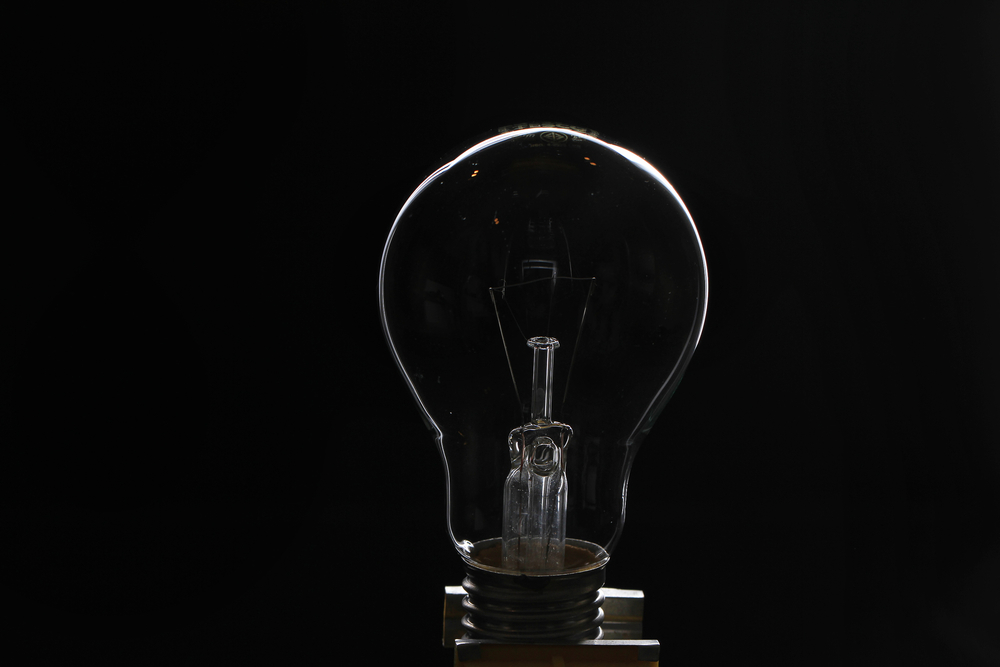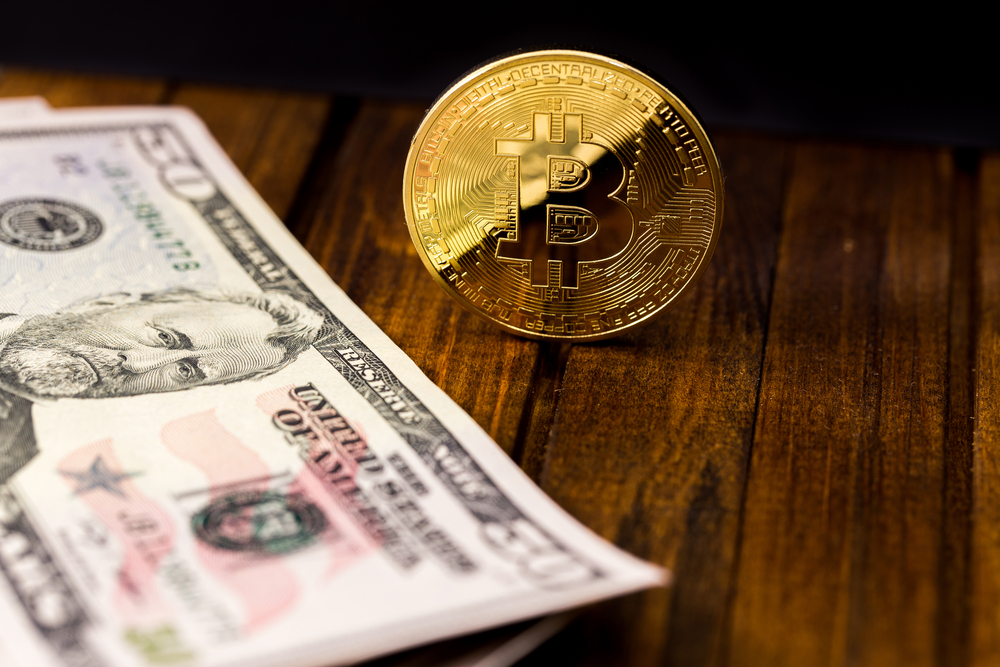Circle Ends Bitcoin Buying & Selling for “Next-Gen” Blockchain Tech

Circle, one of the earliest and best-funded startups in the bitcoin industry has announced a curtain call on selling and buying the cryptocurrency.
The former bitcoin startup hinted at folding as a bitcoin exchange in a blog late last night.
An excerpt from that blog read:
[W]e’re making payments more social than ever and diving headfirst into next-gen blockchain technology, rather than the buying and selling of bitcoin itself.
While Circle will cease buying and selling of bitcoin, the company will continue to allow customers to hold bitcoin within their registered accounts, as well as receive the cryptocurrency toward a bitcoin address associated with a user’s account. Ironically, Circle is now referring users looking to buy and sell bitcoin over to Coinbase, a former competitor in the space, with which it is now in a ‘preferred partnership’ with. Current users who are looking to pull their bitcoin reserves from their Circle accounts can send it to a different address or cash out to fiat currency, with a linked bank card or account.
The announcement was further confirmed in a blog today by Circle co-founders Sean Neville and Jeremy Allaire, who revealed the decision was taken alongside the launch of Spark, a new proprietary blockchain-based protocol by the firm.
Spark will become the company’s focus moving forward, which the startup deems as “a set of protocol additions that provides a way for digital wallets to exchange value using blockchains, including Bitcoin, as settlement layers.”
Also read: Circle is Distancing Themselves from Bitcoin
Further, the co-founders stated that their vision to make money work as seamlessly as the internet remains and the tools to implement its goals have now switched over from bitcoin to Spark, a “next-generation blockchain technology” as Circle calls it.

Elaborating further on the decision to move away from bitcoin as the company’s focus, the co-founders stated:
We have never been focused on convincing consumers to replace their familiar native currencies with bitcoin, but instead wanted to bring the benefits of public blockchains and digital assets to consumers without requiring them to know the technical details.
Spark was developed with certain key requirements including adhering to full KYC/AML (know-your-customer and anti-money-laundering) requirements around the world, the startup revealed. Additionally, conversion to fiat currencies at local exchange rates was also a priority.
Bitcoin Scaling Concerns?
Circle co-founder and chief executive Jeremy Allaire also hinted at another reason as to leaving bitcoin as the chosen currency or tool for exchange of value, seamlessly. Speaking to the Wall Street Journal , Allaire stated:
The story is one of essentially gridlock amongst core developers, while mainstream companies are using this technology. We’ve been deeply frustrated with that lack of progress, and we want to move it forward.
Spark is expected to be announced as an open source project with code to be released this week. Its implementation will also see Circle gain a presence in two new markets, South Korea and the Philippines, wherein local Fintech startups Korbit – a bitcoin exchange and Coins.ph, a financial inclusion startup, respectively, will be adopting Spark APIs.

As a result, users can engage in direct fiat-to-fiat transfers from the US, UK and European countries where Circle has a presence to users in Philippines and South Korea over a blockchain with the benefits of near-instantaneous and low-cost transfers.
One of the best-funded startups in the bitcoin industry, Circle recently raised $60 million in a funding round toward an expansion effort in China. Circle is also the recipient of New York State’s first ever BitLicense and an electronic money license in Britain.
Images from Shutterstock and Circle.